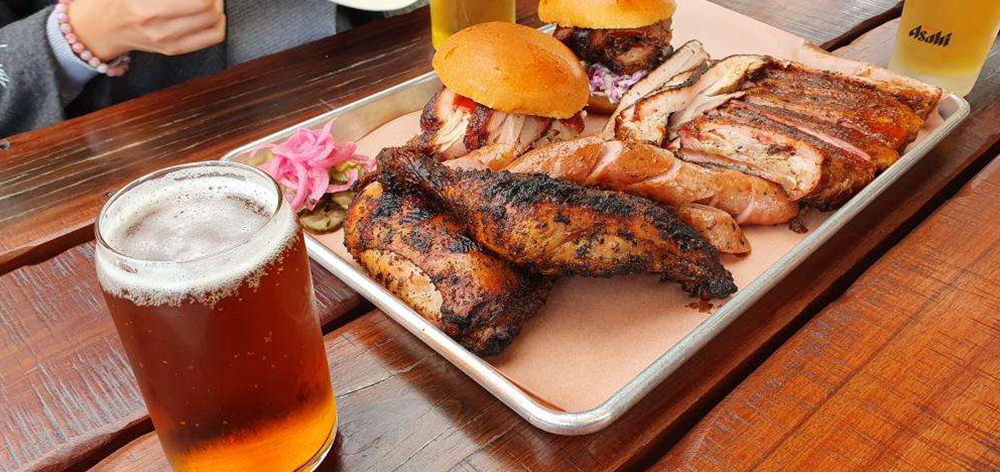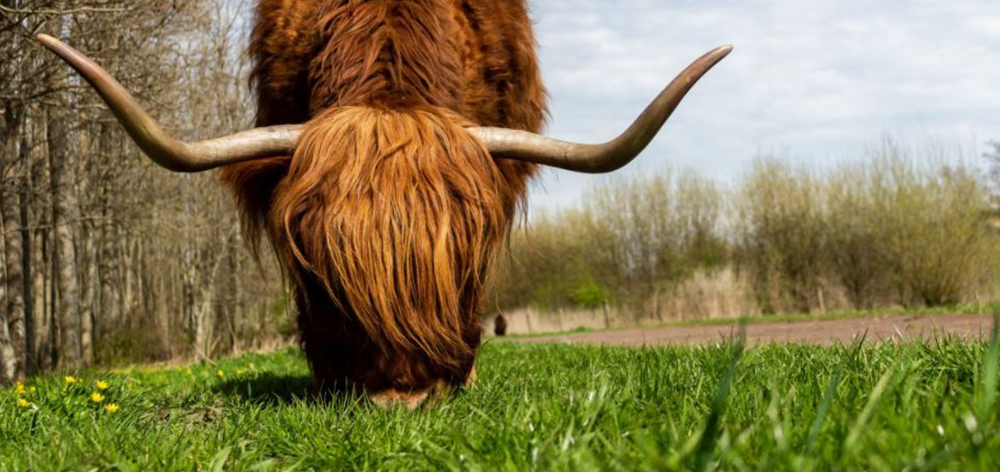Demand for Real Meat is off the hooooook!
Despite our unique, isolated and remote location at the bottom of the world, we must admit that New Zealand shares something in common with a few Western countries such as Australia or the United States: we LOVE summer BBQ. And it’s not just for the meal itself. Certainly, the quality of the meat counts for a lot, but there’s nothing like getting together with friends and feeling a pair of tongs in one hand and a cold beer in the other.
Just picture yourself having this BBQ session.
Now you are in a good mood to read this article, here is more good news. Despite all the hype about declining meat consumption around the world, consumers are still eager for good quality BBQ meat, grilled with passion.
Did you know that the biggest BBQ of New Zealand was in Pukekohe? This 6-metre (3.2-ft) Moberg Smoker manufactured in Dripping Springs, Texas, is one of the three Moberg Smokers ever exported in the world, and she is called Eleanore. The waiting list to get a Moberg Smoker is three years.
In this Godfather of BBQ, you can put a ton of meat in one go, which is barely enough for one evening at the Blue Ox Babe! The restaurant is constantly booked out, for lunch and dinner.
“We’ve never dreamt that people would be consuming as much meat as what people are!”
The reason why we wanted to share this story with you is that it teaches us a lesson. Consumers are still eager for meat, but for good quality meat.
The global decrease in meat consumption is not only due to vegan or vegetarian diet adoption. For instance, studies in Canada suggest that approximately 5-7% of Canadians identify as vegetarian, and another 3-4% as vegan. Such small numbers can’t be driving the type of changes we’re seeing in meat consumption. It is also worth noting that the proportion of vegans and vegetarians in the United States is very similar to that in Canada. United States’ meat consumption is actually growing — although the red meat/chicken proportions are following a similar path to those in Canada.

High-quality products are the future of meat consumption
In fact, the decrease in meat consumption might be due less to choice than to demographics. Western countries’ population is aging, and as we age, we eat less overall and so protein portions become smaller.
It is most likely that the motivators for flexitarians to decrease meat consumption are related to health and the environment. People feel like they’re making a positive difference by reducing their red meat consumption without having to give up the guilty pleasure of meat entirely.
A 2015 study in the United States found that 80% of vegans suggested that they were motivated by animal welfare/ethics and only 20% by factors relating to health. So welfare concerns are more likely to lead to an absolute abandonment of meat, while health or environment could lead simply to a reduction in meat consumption and open the door to high-quality grass-fed meat.

Find out more about sustainable farming practices
Here at Hustler, we believe in sustainable farming practices, in particular natural pasture grass-feeding, underpins our range of world-leading livestock feeding solutions. Each week, we share on our blog tips and farming stories from all around the world. Here is a selection of our recent articles:
– Is fake meat really as sustainable as it seems?
– A lesson about sustainable dairy farming in Louisiana
– How can farming be more sustainable? Interview with Mike Gruber of SunFed Ranch
If you like our content as much as we love sharing it, follow us and subscribe to our newsletter!


























